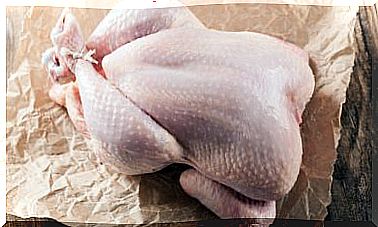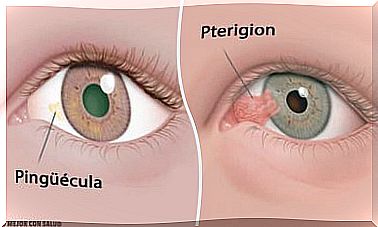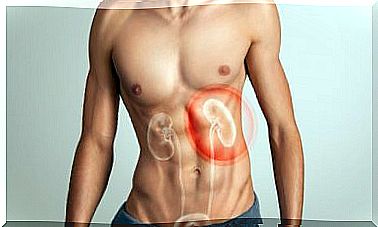Know 5 Triggers Of Tension Headaches
Tension headaches are pain or discomfort that is located in the occipital region of the head or forehead, sometimes reaching the cervical region. It is a common type of headache that is not usually accompanied by nausea or photophobia.
Tension headache pain is generally mild to moderate, diffuse pain. It is often described as a feeling of having a tight band around the head.
Tension headaches can occur at any age, although they are more common in adolescents and adults. However, they appear more frequently in women and tend to be hereditary.
When the muscles of the neck and scalp contract or are tight, tension headaches occur. Muscle contractions can be a response to stress, depression, anxiety, or a head injury.
Managing tension headaches requires a balance between promoting healthy habits, seeking effective treatments, and using medications appropriately. Knowing the trigger for your headache can help you avoid situations that cause headaches.
Triggers of tension headaches
1. Physical effort
Headaches associated with exertion appear due to excessive physical activity. Some of them are:
- Primary cough headache.
- Associated with sexual activity.
- Thunder headache: very intense pain appears in a short time, due to efforts or changes in temperature.
Sometimes spending a lot of time carrying a weight of whatever nature makes us strain our muscles. This translates into a stiff neck and neck, and consequently, can also cause tension headaches.
2. Working long hours at the computer
Any activity that forces the head to hold a single position for a long time without moving can cause a headache. Some of these activities may include typing or working with computers. As well as minute works with the hands.
3. Manage your stress properly to avoid tension headaches
We all have obligations to fulfill, pressures to which we are subjected and which, at times, affect us to a greater or lesser degree. But since we cannot escape from these situations, we must learn to manage them better.
Stress generates a series of harmful toxins for our body. In addition, stress subjects us to muscular tension that ends up causing tension headaches in many cases.
4. Watch what you eat

There are foods that you should avoid since they favor the appearance of tension headaches. This is due to the fact that its composition contains substances such as thiamine and monosodium glutamate. However, not all people are sensitive to these substances.
The tyramine is a monoamine functions as vaso-active and as a neurotransmitter in the brain. When there is a high consumption of this substance there is a dilation of the blood vessels of the brain. In addition, in many cases tyramine is responsible for arterial hypertension and some arrhythmias.
Therefore you should avoid foods such as:
- Fermented cheeses.
- Chocolate and cocoa.
- Vanilla.
- Banana and citrus.
- Nuts.
You should also avoid alcohol consumption, especially red wines due to their tannin content.
5. Hormonal changes
Women by nature are subject to constant hormonal changes. They go through different stages in which these changes occur until the arrival of menopause . These hormonal changes can lead to tension headaches.
During ovulation and menstruation it is advisable to avoid the consumption of sweets, dairy products and coffee. These foods increase the onset of tension headaches.
On the contrary, try to take infusions of ginger, chamomile, mint or melissa.Also, relaxing baths with lavender can help you avoid these headaches and reduce their symptoms.
In summary, tension headaches can be very common and have a variety of causes. We recommend that, in any case, you consult your doctor if these become very frequent.









